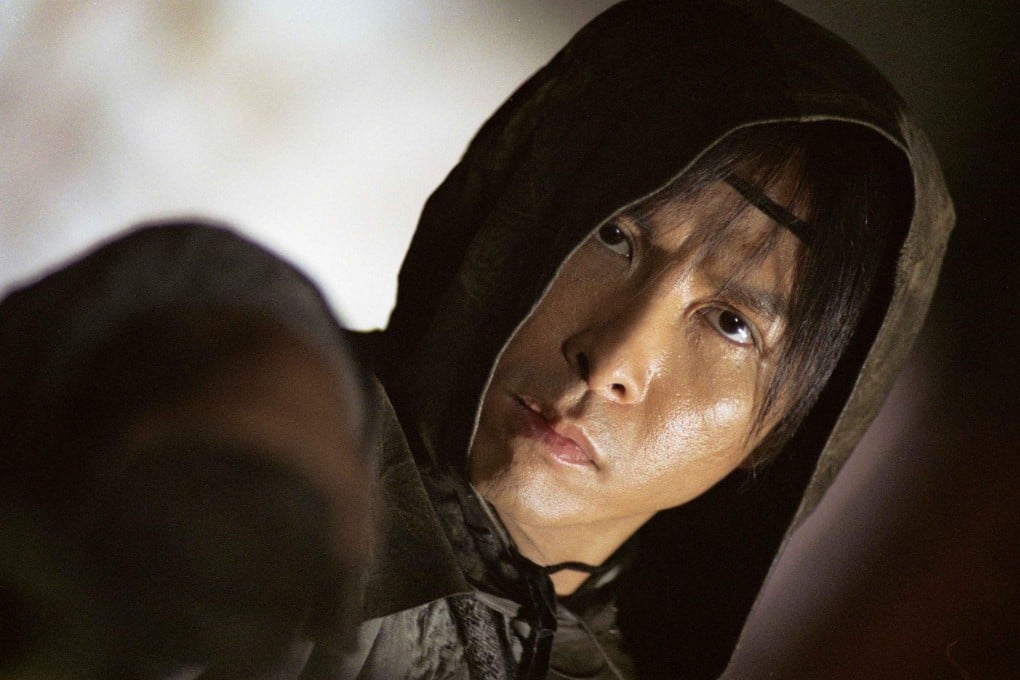From Seven Swords to Sword Master, how Chinese wuxia films got an update in 21st century
Sword-fighting films were popular in the 1960s and 1990s. Tsui Hark and Derek Yee were among directors who reinvented the genre this century

Wuxia films ruled Hong Kong cinema in the 1960s, and saw another burst of success during the 1990s.
The 21st century has seen its fair share of effects-laden wuxia films, especially in mainland China, where fantasy sword-fighting movies are often made for streaming services.
Can today’s sword-fighting films live up to the classics of yesteryear? We look back at three high-profile wuxia films made this century.
1. Seven Swords (2005)
How does it measure up? A different kind of wuxia, but very good on its own terms.
Gone are the Confucian codes of the martial arts world, replaced by outright brutality and a survivalist mentality that has more in common with revisionist Westerns like Sam Peckinpah’s The Wild Bunch than Shaw Brothers classics.